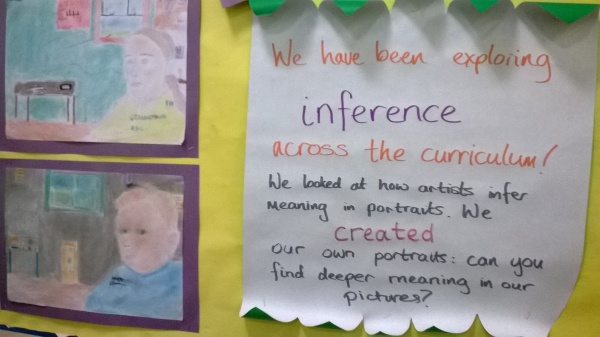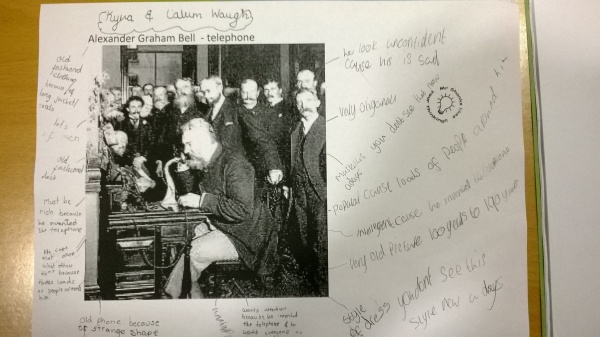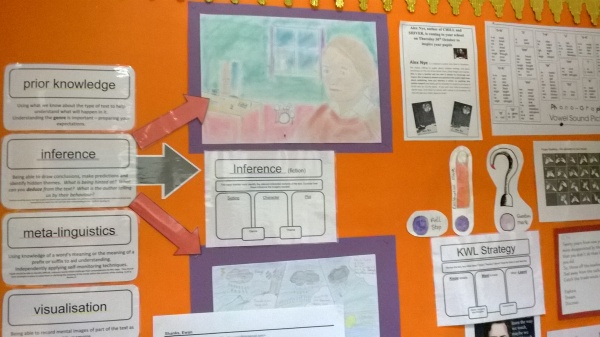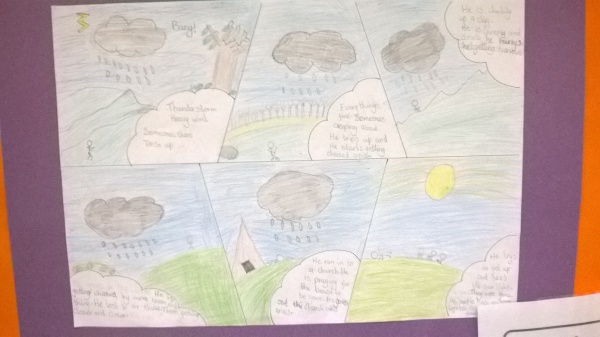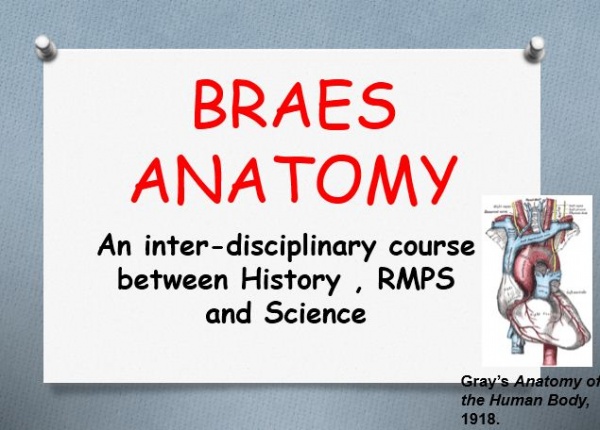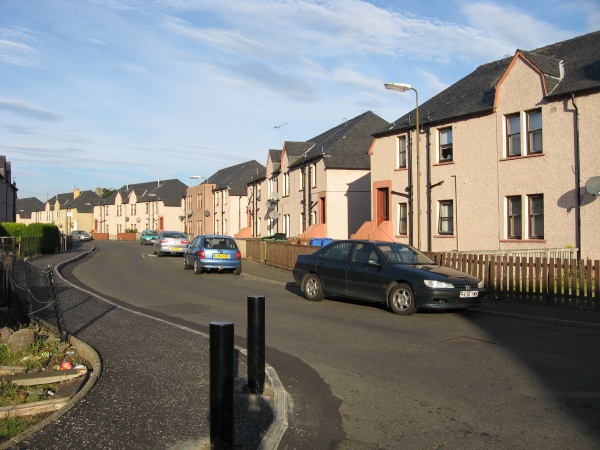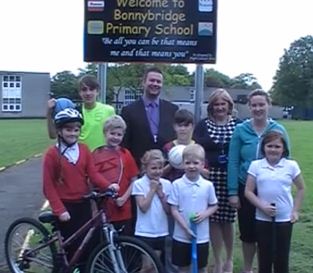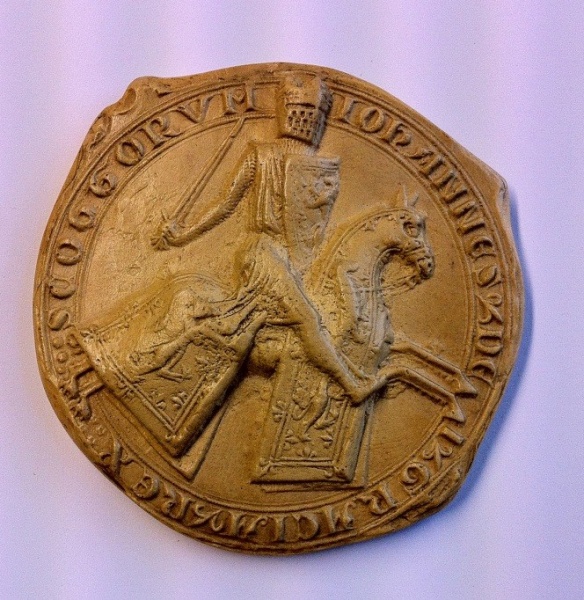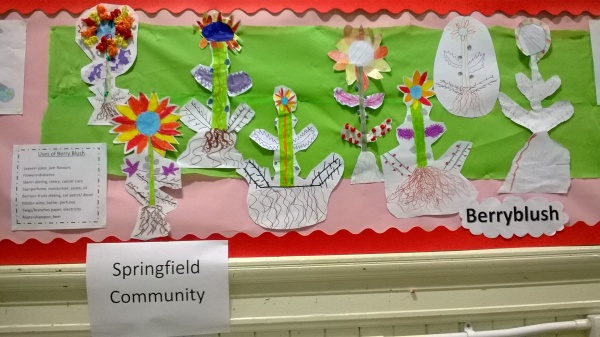 Heather Nicol and her primary 6 class at Carron PS in Falkirk, are working on the Global Storyline project “Our Crop, Our Land” created by WOSDEC. Click here to learn more about this excellent global citizenship resource.
Heather Nicol and her primary 6 class at Carron PS in Falkirk, are working on the Global Storyline project “Our Crop, Our Land” created by WOSDEC. Click here to learn more about this excellent global citizenship resource.
Heather’s pupils created the community of Springfield where most of the villagers rely on farming the crop Berryblush to earn their living. Each pupil has a Springfield persona which they pop in and out of during the storyline to help them understand complex global citizenship and sustainability issues. Click here to see how pupils shared their existing knowledge of farming, and here to see the daily diary of Olivia Spriengeer, one of the Springfield farmers.
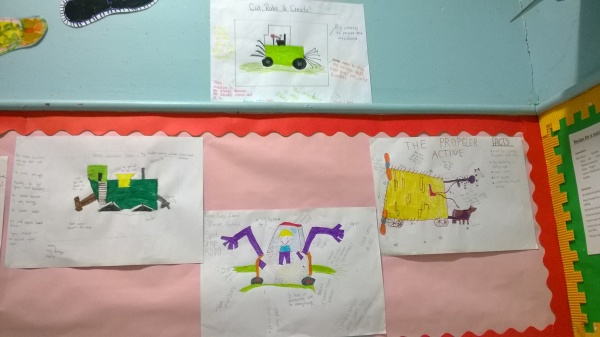 Within the drama, it is harvest time and the people of Springfield are preparing to sell this year’s crop of berryblush to the highest bidder at market. (See their marvellous harvesting machines on the right). Outside the drama they have been learning about farming and global commerce and how the cost of real life crops is appropriated to each party who helps to get it to our shops. Click here and here to see how pupil thinking has been affected by a learning experience called Banana Split, and explore pupil thoughts on why people are hungry by clicking here.
Within the drama, it is harvest time and the people of Springfield are preparing to sell this year’s crop of berryblush to the highest bidder at market. (See their marvellous harvesting machines on the right). Outside the drama they have been learning about farming and global commerce and how the cost of real life crops is appropriated to each party who helps to get it to our shops. Click here and here to see how pupil thinking has been affected by a learning experience called Banana Split, and explore pupil thoughts on why people are hungry by clicking here.
These are some of the learning activities integrated within the storyline to develop real and deep understanding of global commerce, rights, fair trade and social responsiblity and help pupils to become responsible citizens and effective contributors.
Heather’s class are really enjoying this connected learning experience which links experiences & outcomes in social studies, expressive arts and health and well-being. The storyline approach develops empathy and genuine understanding of global issues, as well as making the learning coherent and relevant to the pupils. Heather has applied her global storyline training and context building so well, that pupils asked to take some of their learning experiences home to work on them with their parents. They feel outraged that most farmers get so little payment compared to the other parties involved in getting food to us, and want to make sure others get to know about this too. Heather and her pupils will soon discover just how volatile this market can be, and how that volatility impacts on food producers around the world.
This is an excellent example of type 2 interdisciplinary learning where pupil skills and understanding are broadened and challenged through the cross-cutting themes of global citizenship and sustainability. The storyline approach and integration of drama and art and design ensure that pupils are consistently engaging in higher order thinking and reflection, which results in real progression.
